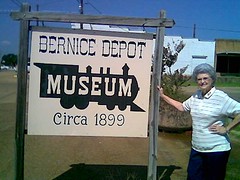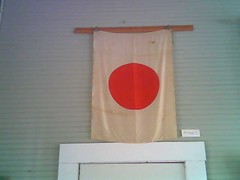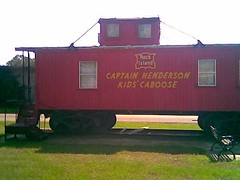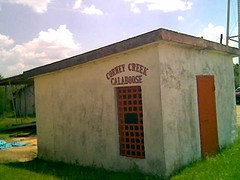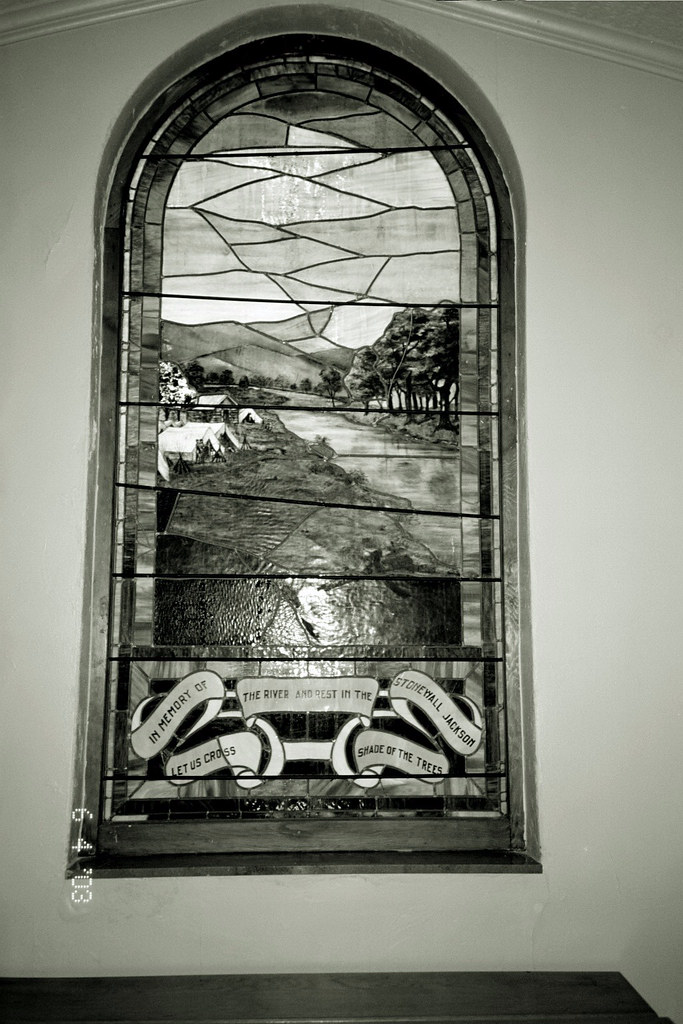I’m going to be creating word-banks and word-lists of suggested vocabulary for those writers who wish to write about the South or about Southern people. The first list is of distinctive types of people in the South. These types of people make excellent characters for your stories. However, they need to be studied, researched, thought about, and interviewed (if possible) so that you will avoid the stereotypical images and provide readers with valuable insights into the human condition and human nature. This list is not meant to be comprehensive, so if you think of another type of person, email it to me and I’ll add it to the list with an acknowledgment that you supplied it. rickeyp@bayou.com Likewise, the definitions I supply are simple key words to help you understand and are not meant to be comprehensive.
*Disclaimer: If you’re hyper-politically correct or sensitive, or have an aversion to slang, or if you are overly concerned about offending people by your words, you might want to avoid the lists I’ll be creating. If course, if you are such a person, you don’t have any business wanting to be a writer anyway.
Types of People in the South:
1. *Redneck – Of the Southern White laboring class.
2. Peckerwood – a rural White Southerner
3. Jezebel – A woman or girl of questionable morality. No Southern mother would think of naming her daughter after the wicked queen of Israel. You can read about her in I and II Kings.
4. *Cracker – a poor Southern white (often from Florida or Georgia). Sometimes used in a racially charged manner.
5. Cajun (aka, “Coonass”) French Acadians whom the British expelled from Canada. They landed in South Louisiana, forever changing the Louisiana landscape.
6. Creole – In its pure sense, a creole is a first generation descendant of Spanish or French colonists. The term has become to be used more loosely to describe South Louisiana culture, or people of color. Though some creoles were people of color, color is irrelevant.
7. Southern Belle – Girls raised to be beautiful and charming in the Southern antebellum tradition, stressing the cultivation of beauty and hospitality.
8. Redbone – a person of mixed race in Louisiana, usually black and Native American.
9. Gullah, Geechi – African-Americans who lived (and live) in the low country of South Carolina and Georgia. They speak a Krio-type language. I’m told we gained our words for “gumbo” and for “goober” (peanut) from them. A rich culture worthy of more study.
10. Quadroon – One who is of one-fourth black ancestry.
11. Octoroon – One who is of one-eighth black ancestry.
12. Towhead – a youngster who is blonde
13. Bubba – I’m sure you’ve heard all the bubba jokes by now. A term used to describe Southern men. A synonym of good-ole-boy, though when used in a family is sometimes a term of affection for the oldest male in the family.
14. Traiteur – A healer in French Acadiana. Mentioned sometimes in the Dave Robicheaux novels by James Lee Burke.
15. Islaños – Of Spanish ancestry from the Canary Islands who settled in Louisiana.
16. Good-ole-boy – Definitions vary. My novel, Red River Fever, is about them. The free online dictionary defines one as, “A man having qualities held to be characteristic of certain Southern white males, such as a relaxed or informal manner, strong loyalty to family and friends, [and often an anti-intellectual bias and intolerant point of view].” I think the part of the definition I put in brackets is debatable. I think it may be sometimes true.
17. Roughnecks – men who work the oil fields.
18. *Hillbillies – from the hill-country of Appalachia.
19. *Gringo – Used by Latins to describe Anglo-Saxons. There is also a legend that the term originates from the Mexican War (1846-1848), when American Soldiers would sing Robert Burns’s “Green Grow the Rashes, O!” Their rough singing was misheard and interpreted as “Gringo.”
20. mulatto – of mixed race
21. mestizo – of mixed Spanish and Native American ancestry.
*Check this site for more comprehensive insights into these words.

